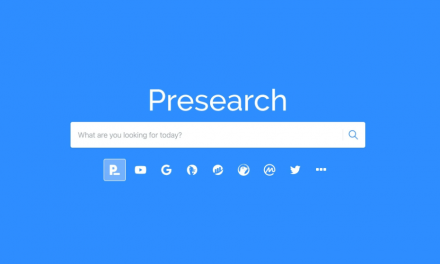The synthesis of blockchain technology, data analytics, and artificial intelligence (AI) is poised to revolutionize the business world in profound ways. Each of these technologies individually offers significant benefits, but their convergence opens up even more exciting possibilities.
- Blockchain Technology: Initially famed for powering cryptocurrencies like Bitcoin, blockchain technology has evolved far beyond just financial transactions. Its key features – decentralization, transparency, and immutability – make it ideal for a variety of applications. Businesses are now exploring blockchain for fraud detection, anti-money laundering (AML) processes, and supply chain management, among others. The technology’s ability to provide a secure, transparent ledger makes it invaluable in these areas.
- Data and Big Data Analytics: In the era of big data, businesses are inundated with vast amounts of information. This data, when analyzed effectively, can reveal invaluable insights into customer behavior, market trends, and operational efficiencies. Big data analytics can process this massive influx of data to extract meaningful patterns and insights, which can then be used for strategic decision-making.
- Artificial Intelligence (AI): AI’s role in this triad is perhaps the most dynamic. AI systems are adept at identifying patterns in data, making predictions, and even automating responses or actions based on these predictions. In the context of blockchain and big data, AI can be used to analyze transaction patterns for AML purposes, identify potential fraud, and optimize supply chain logistics.
Blockchain Technology Practical Applications and Examples
- AML and Fraud Detection: Companies like Elliptic and Binance are integrating AI into their blockchain systems to detect suspicious activities and prevent fraud. AI algorithms can analyze transaction data on a blockchain to identify patterns indicative of illegal activities, thereby enhancing security and compliance.
- Supply Chain Management: The collaboration between IBM and Walmart in the “Food Trust” project is a prime example of using blockchain and AI in supply chain management. Blockchain provides a transparent and immutable record of the supply chain, while AI analyzes this data to identify inefficiencies and suggest improvements.
Challenges and Considerations
- Bitcoin Dominance and Market Volatility: The overwhelming dominance of Bitcoin in the cryptocurrency market can overshadow other blockchain projects, especially during market downturns.
- Funding and Regulatory Uncertainty: The fluctuating nature of the crypto market and regulatory ambiguities have led to funding challenges and hesitancy among investors.
- Institutional Reluctance: Despite successful pilot projects, many institutions remain cautious about fully embracing these technologies, often due to a lack of regulatory clarity.
- Ethical Concerns with AI: There are ongoing debates about the ethical implications of AI, particularly in areas like copyright and the potential for AI to marginalize human creativity and skill.
Conclusion
The integration of blockchain, data analytics, and AI heralds a new era for business innovation. These technologies, when combined, have the potential to significantly enhance efficiency, security, and transparency in various business operations. However, realizing their full potential depends on navigating the challenges they face, including market dynamics, regulatory landscapes, and ethical considerations. If these hurdles are overcome, the possibilities for these technologies are virtually limitless.





